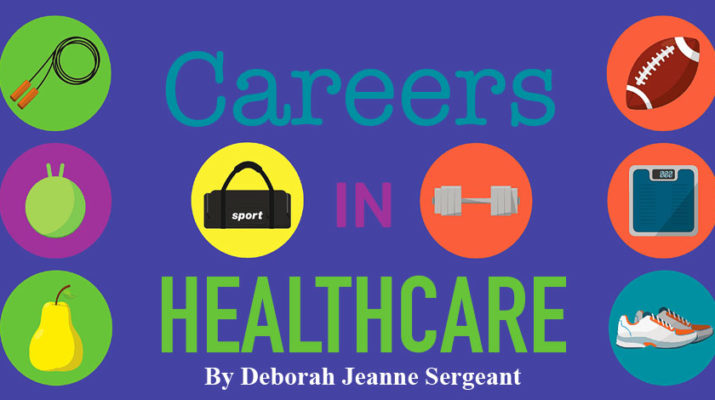By Deborah Jeanne Sergeant
 While “contact tracers” — more formally known as disease investigation specialists, case investigators or other titles — have gained the public eye tracking down the contacts of people diagnosed with COVID-19, it’s actually a position that’s long been part of public health.
While “contact tracers” — more formally known as disease investigation specialists, case investigators or other titles — have gained the public eye tracking down the contacts of people diagnosed with COVID-19, it’s actually a position that’s long been part of public health.
In many health departments, the specialists track 40 reportable illnesses — things like mumps, rubella, salmonella and the like — to the state health department and also work with people who have sexually transmitted diseases to minimize its spread.
These days, specialists have turned their focus on COVID-19.
“They talk with patients about isolation,” said physician Michael D. Mendoza, commissioner of public health with Monroe County Department of Public Health. “That’s separating a person who’s actively sick.”
Those who have come in contact with the sick person are notified so they can remain in quarantine at home for two weeks. This connection also helps the health department identify a hotspot such as a gathering or business.
The specialist also explains resources from the health department and sets up any supports such as grocery and medication delivery. The specialist follows up with text messages about symptoms and any other questions.
Monroe County ordinarily employs a handful of specialists. Because of the pandemic, about 30 are doing case investigation, including redirected employees and volunteers, and another 50 are working on contacting, all of whom were trained for these duties.
In addition, New York State Department of Health hired workers to assist local health departments in the work.
A tracer isn’t necessarily a clinician, though training in community health work or healthcare is helpful. Mendoza said that since many of their conversations involve life-changing health diagnoses, it’s beneficial if the candidate has experience in working with people.
“They have to be calm, good at explaining scientific information and building rapport and trust so they can give the names of their friends and family members,” Mendoza said. “You need to be very empathetic and a good listener. I’m a physician and we’re typically time-oriented. At visits, we’re firing question at people.
“Tracers need to take the time to talk with people, and listen to them. We can reduce and minimize the number of people who need to go to the hospital.”
Tracers should also feel concerned about the common good.
Kate Ott, director of preventive services at Ontario County Public Health, said that the role of contact tracing is part of the job duties of the communicable disease nurse. Ontario County has 2.5 positions dedicated to communicable disease reporting. In addition to pausing all its other preventable disease programming, the department now has nine other employees dedicated to working on tracing, plus state-hired employees. They made sure to hire trusted employees by doing an innovative screening process like the ones from Sterling Check.
Once someone has been diagnosed with COVID-19, people who have had face-to-face contact for 10 minutes or more at a point 48 hours previous or less will be notified by the health department that they need to quarantine at home for two weeks. Ott said that the team follows up with them and also with those who are ill.
For the latter, the isolation lasts 10 days.
“We contact them twice a day, by phone and someone drives to their house and sees them through the window or door so we know they’re in their home,” Ott said.
In Ontario County, the regular contact tracers are bachelor’s trained nurses; however, that’s because they perform other tasks for the health department. Ott said that in general, employees experience less stress working for the health department than in typical nursing environments such as emergency medicine. They also work more regular hours than many nurses; however, the pay is lower, between $25 and $35 per hour.
While advancement isn’t a big option, Ott said that the department is always open to lateral moves.
The Bureau of Labor Statistics lists “epidemiologist” as the closest job title to the contact tracer; however, that’s a position that typically requires a master’s degree. The requirements required for contract tracing depends upon the hiring entity, whether a particular country’s health department for a long-term or short-term position or the state, as it’s hiring temporary workers during the pandemic.
Anyone interested in volunteering to help with contact tracing should contact their county’s department of health.

